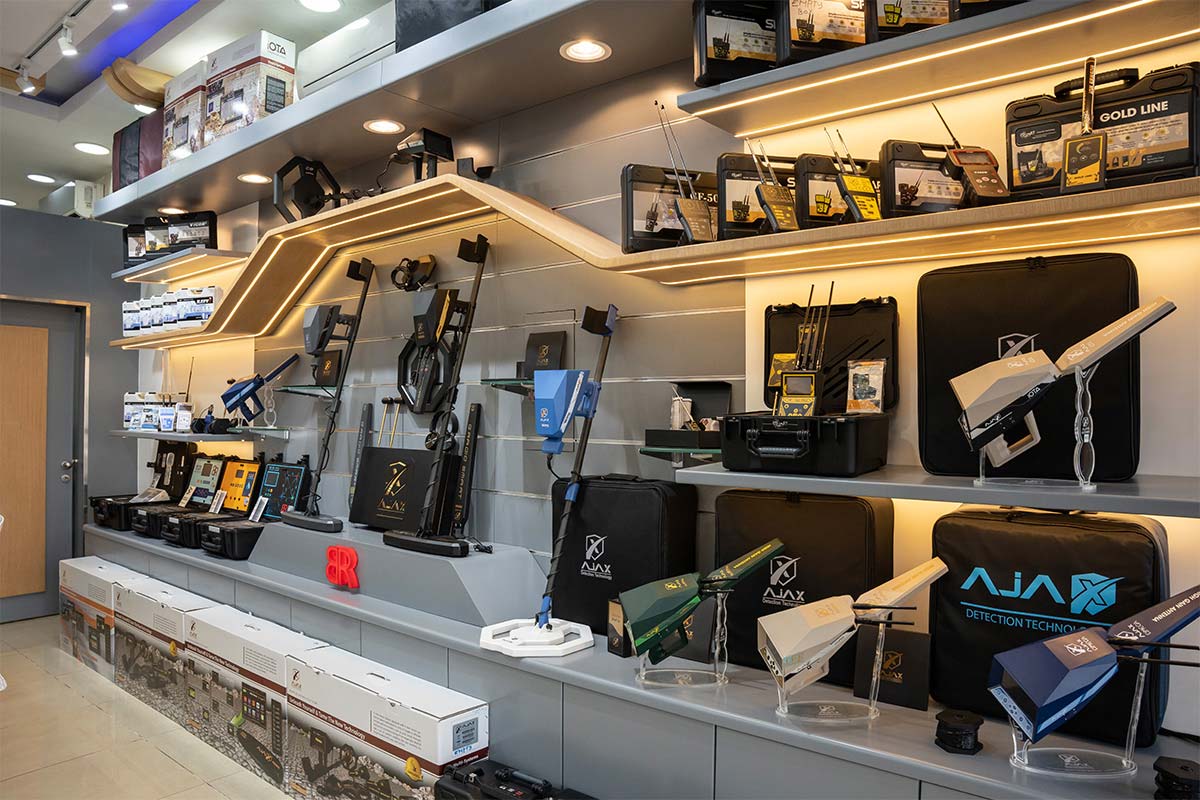اسعار جهاز كشف الذهب - An Overview
اسعار جهاز كشف الذهب - An Overview
Blog Article

The Manufacture of Underground Gold Detectors
Metal detectors are electronic devices that are used to locate items buried underground. They consist of transmitting and receiving coils that send an alert when they detect the presence of a particular metal, such as gold or silver. They are a very useful tool for both hobbyists and professional treasure hunters, as they can be used to locate coins, jewelry, and other valuable items. However, there are some materials that can hinder the effectiveness of these devices. For example, iron can mask a signal from a metal detector, which can prevent it from picking up the location of buried gold.
The development of modern metal detectors began in the 1920s, with Gerhard Fischer's invention of a system of radio direction-finding. His work was inspired by the fact that a radio beam can be distorted by metal. This led him to develop a device that would detect metal by using a search coil resonating at a radio frequency. He applied for, and was granted, the first patent for an electronic metal detector in 1925.
Most modern metal detectors operate on the principle of tunable induction. They consist of two coils, one as an RF transmitter and the other as a receiver. The alternating current sent through these coils creates eddy currents in metal objects, which are detected as a sharp electrical spike. The ability to distinguish between different metals is a result of the fact that every metal has a unique phase response when exposed to alternating current. Longer waves (low frequencies) penetrate the ground more deeply and select for high conductivity targets like copper and silver, whereas shorter waves (higher frequency) are less ground penetrating and tend to select for low-conductivity targets like iron.
These electronic devices are often used by archaeologists and treasure hunters to find objects such as coins, jewelry, bullets, and other artifacts buried beneath the surface. They can also be used in forensic science to locate evidence or even uranium deposits. These devices are portable and can be used both on land and underwater.
A large number of people are drawn to metal detecting as a hobby. Some people collect coins and other small items, while others seek out more valuable man-made items, such as gold. The popularity of these devices has resulted in the formation of a number of special interest groups. Some of these groups focus on coin shooting, a form of recreational hunting that is specifically aimed at locating rare or valuable coins. Others use metal detectors to search for historical artifacts, such as shipwrecks and ruins.
There are a number of things that can interfere with the operation of metal detectors, including water and underground pipes. However, there are some methods جهاز اكتشاف المعادن that can be employed to limit these interferences. These techniques include using a high-quality battery, making sure the sensitivity of the machine is set properly, and using a discriminator to avoid unwanted metals. It is also important to keep in mind that while a metal detector can find gold, it cannot stop an archaeological site from being dug up.